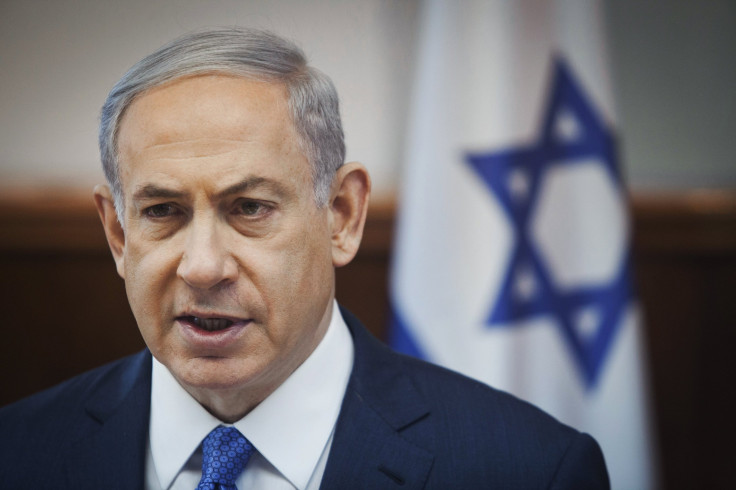With Ramadan 2015 Approaching, Israel's Student Union Demands Muslim, Christian Holidays Be Added To Vacation Calendar

Israel’s main student union is pushing the government to recognize holidays celebrated by different religions in the education system’s calendar. The group asked on Monday that Muslim and Christian holidays like Christmas and Ramadan be added to the official vacation schedule at universities and other institutions for higher learning across the country.
The National Union of Israeli Students (NUIS) asked the Council for Higher Education to recognize the religious celebrations so that students would be able to celebrate them without interfering with their education. The group also pushed for leniency with students celebrating Ramadan, as the monthlong fast falls during this year’s exam period, according to Haaretz.
Practicing Muslims are required to observe Ramadan, which involves a calendar month of complete fasting during daylight hours. It falls on a different date every year, and this year will run from June 17 to July 17, when sundown comes much later in the day than in winter months.
The NUIS has requested that students observing the fast be offered an an alternative exam date in every subject or an extra 15 minutes to complete the exam if the student chooses to take it during fasting hours. These new regulations would ensure that “the studies of the fasting students aren’t affected and that they will be able to continue their studies like their non-fasting friends,” according to NUIS.
There are eight universities and more than a dozen colleges in Israel, but so far only the Hebrew University of Jerusalem and the University of Haifa have included vacation days for holidays other than those celebrated in the Jewish faith.
The NUIS represents more than 300,000 students at roughly 64 institutions in Israel. Among its various branches is the Department for the Advancement of Arab Students and Minorities, which aims to better integrate Arab and minority students in the education system and increase their enrollment in institutions of higher education.
The Council of Higher Education “has the ability to change many barriers confronting Arab students,” said Diran Shalabneh, the head of the department for advancing Arab students at NUIS. “The union will do its utmost to influence the ability of Arab students to succeed and to become integrated as equals in the system, without undermining their freedom of religion.”
© Copyright IBTimes 2024. All rights reserved.






















